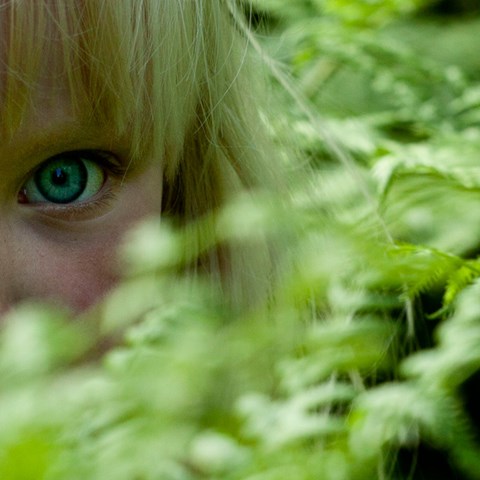Facts:
Supporting the development of citizen science at SLU
On behalf of the Council for Environmental Monitoring and Assessment (Council for EMA, Fomar) an investigation concerning a possible citizen science platform at SLU was conducted in 2019.
The investigation built to a large part on a survey, where more than 600 SLU staff participated and about 50 people were interviewed. During the investigation, 38 projects and activities connecting to citizen science were identified.
The investigation revealed widespread desire for the development of citizen at SLU. Therefore, creation of a central resource for CS at SLU was suggested; to build a capacity around citizen science across the different parts of SLU; integrate and recognize synergies between various disciplines; identify new development areas and opportunities for collaboration; act as a source of information, meeting place, and support for researchers and environmental analysts. Important practical functions identified include information, communication, coordination, data management and technical support.
In 2020 and 2021, several workshops and seminars took place to involve and wien the iniative beyond EMA. These activities focused on building capacity within research, education and environmental monitoring and assessment. For example, they discussed legal issues and GDPR, ethics, communication, and the role of SLU's library.
- Read the report on the investigation of citizen science at SLU (scroll down to read the report in English).
- Watch webinar May 7 where the investigation results are presented (in Swedish).
- Coordination activities in citizen science at SLU 2020.
- Coordination activities in citizen science at SLU 2021.
